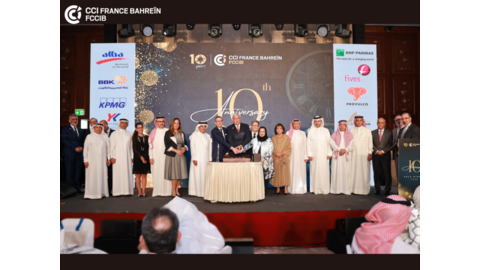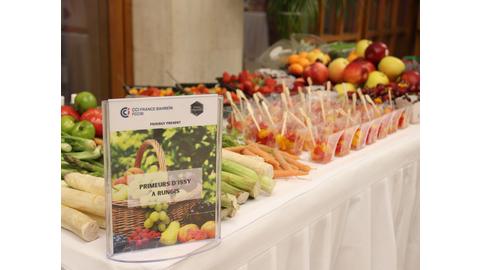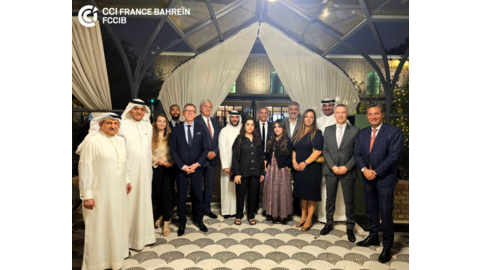Project spending to help Bahrain buck slowdown

MANAMA: The outlook for Bahrain’s economy remains clouded due to large external financing needs, a general slowdown in non-oil activity and limited prospects for oil sector growth. However continued project spending, supported by the GCC $10 billion financial package, is expected to balance out the overall impact.
According to the Institute of Chartered Accountants in England and Wales’ (ICAEW) latest Economic Insight report, economic growth in Bahrain more than halved last year, from 3.7 per cent in 2017 to 1.8pc in 2018, with further deceleration seen in 2019 to 1.6pc amid a major drive to overhaul government finances, which include spending cuts, new taxes and other fiscal consolidation measures.
Economic Insight: Middle East Q2 2019, produced in partnership with Oxford Economics, says the Bahraini economy expanded by its slowest pace in more than two decades last year at only 1.8pc.
The outlook for this year is similarly challenging as the economy is expected to decelerate further, weighed down by fiscal consolidation measures, lower oil prices and only a modest rise in oil production.
The economic slowdown last year was felt across a range of sectors.
The non-oil sector, which comprises over 80pc of total economic activity, almost halved to 2.5pc in 2018 from 4.9pc in 2017.
The slowdown was broad-based, but notably in the services sector, where all sub-sectors slowed from 2017 rates.
The report expects growth in 2019 in the non-oil sector slowing further to 1.5pc, well below the 4.4pc average between 2014 and 2017, weighed down by several fiscal consolidation measures, including the introduction of the 5pc VAT earlier this year.
The oil sector on the other hand contracted by 1.1pc in 2018, reflecting pre-scheduled maintenance in the first half of last year and the gradual erosion in the overall production capacity in Bahrain.
On a more positive note, following Bahrain’s discovery of its largest oilfield since 1932 in April last year, the country is likely to start shale oil production by the end of this year, with well-drilling reportedly started a few months ago.
However, production is likely to remain slow and gradual, so only a modest 1pc rise in oil activity is predicted this year.
ICAEW economic adviser and senior economist for Middle East at Oxford Economics Mohamed Bardastani said: “Despite Bahrain having the most diversified economy in the GCC, 2019 has proven to be a challenging year amid low oil prices and a government financial overhaul. The government’s ongoing efforts to address the fiscal deficit is crucial for the future development of the economy. We expect the introduction of VAT, paired with the $10bn support package from the GCC, should help increase non-oil revenues and better the nation’s economic prospects.”
The government unveiled in October last year a Fiscal Balance Programme that aims to balance the budget by 2022.
This entails slashing public spending, a voluntary retirement scheme for government employees, more efficient distribution of cash subsidies and other measures.
The report expects the range of measures to reduce the fiscal deficit from an estimated 10.1pc of GDP in 2018 to around 7pc of GDP in 2019.
The $10bn support package from the GCC is expected to help the government address its financial shortcomings and support certain infrastructure projects, balancing the overall economic trajectory over the medium term.
The government has already received the first instalment of $2.3bn late last year and is expecting another $2.3bn this year.
Several important infrastructure projects are expected to be supportive of growth this year as well, including Alba’s new Line 6, Bapco’s modernisation and the airport expansion project, which includes a new $1.1bn passenger terminal due to be completed by the third quarter.
Source: http://www.gdnonline.com/Details/570343


